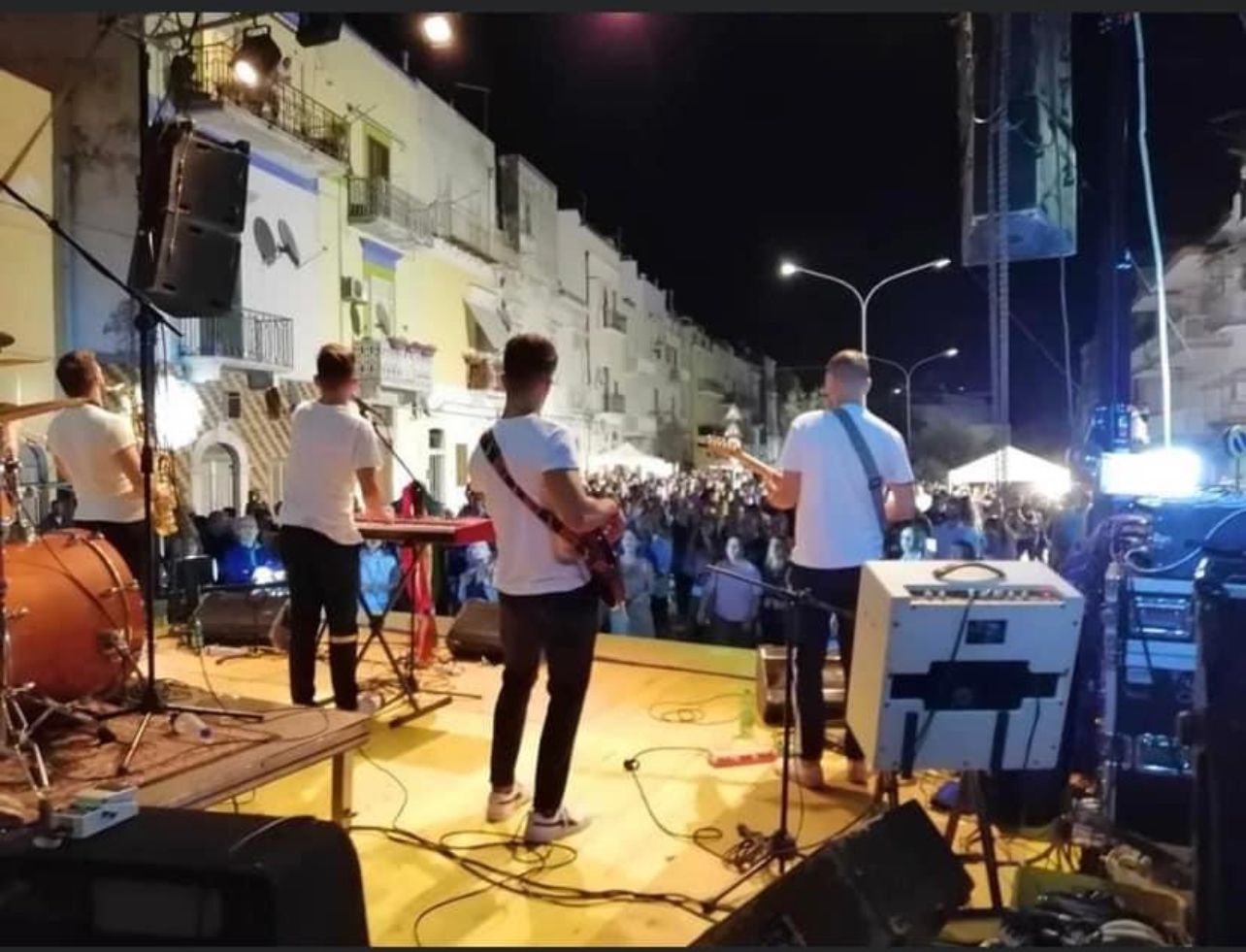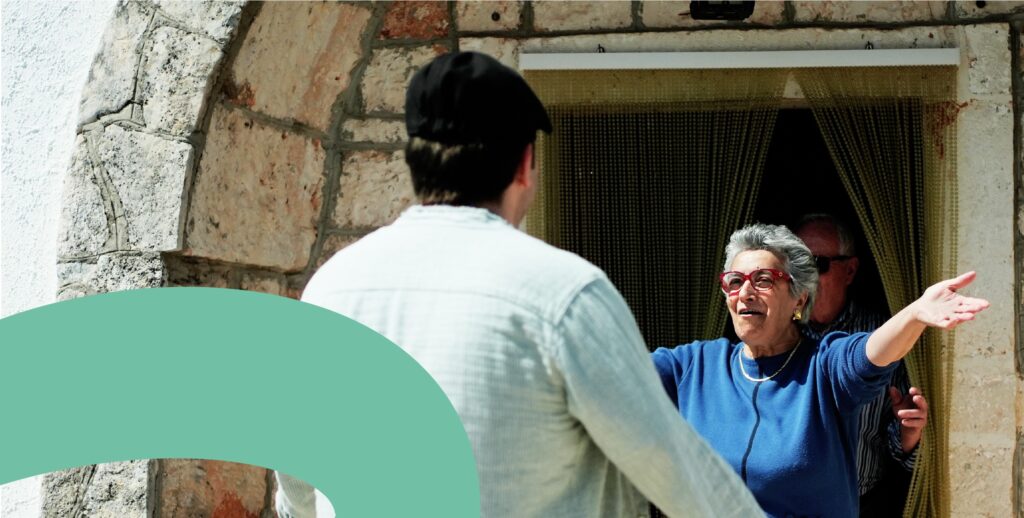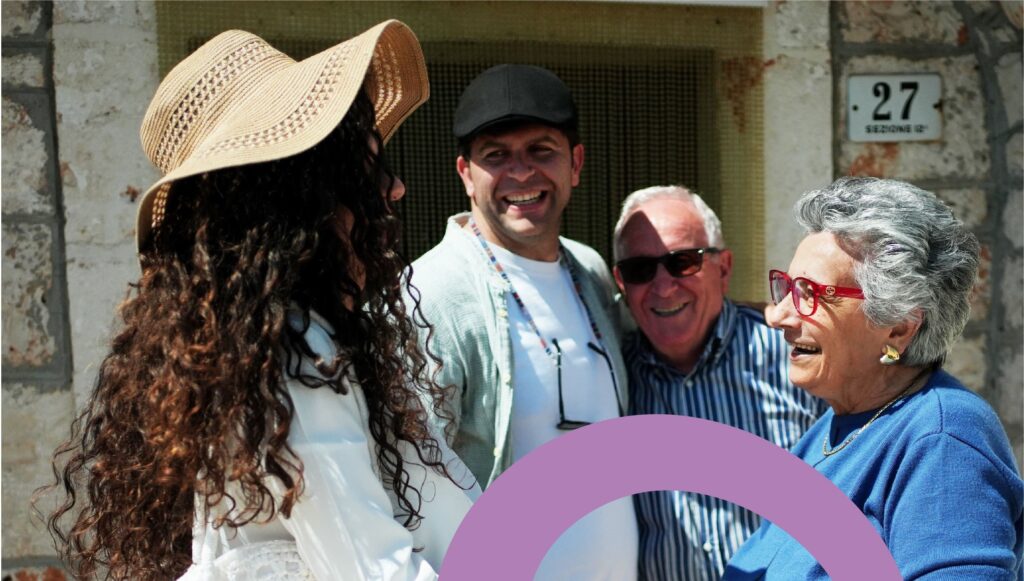GUIDE TO ITALIAN ROOTS VOL.1
Puglia, Basilicata, Abruzzo, Emilia-Romagna
GUIDE TO ITALIAN ROOTS VOL.4
Trentino-Alto Adige, Friuli Venezia Giulia, Campania, Piemonte
Filter by:
Events
News
"Radici", the 2025 edition of Dancing the Earth with Italea Puglia in Lecce
From 19 July to 2 August , “Dancing the Earth”, the residential workshop dedicated to the study of ritual dances from Southern Italy and the Mediterranean, arrives in Lecce. “Roots” is the title of the special 2025 edition of “Dancing the Earth”, an event promoted by Tarantarte with the artistic direction of Maristella Martella, which […]
read moreCOMING HOME / Friday 13 and Saturday 14 December in Lecce the two days of Italea Puglia to explore all the "worlds" of roots tourism
The event “Coming home” conceived by Italea Puglia, an organization that operates within the territorial network of the Ministry of Foreign Affairs and International Cooperation as part of the “Italea” program on roots tourism, is getting underway. On Friday 13 and Saturday 14 December in the spaces of the former Palmieri Boarding School in Lecce […]
read moreItalea Puglia presents "Coming home": from 3 to 20 December in Lecce an exhibition, meetings, community workshops, music that pays homage to traditions to explore all the worlds of roots tourism in Puglia
Stories of departures and returns, stories of community and relationships, stories of heritage and new visions for the Apulian territory. From 3 to 20 December in Lecce there will be the event “Coming home” conceived by Italea Puglia, an organization that operates within the territorial network of the Ministry of Foreign Affairs and International Cooperation […]
read more





